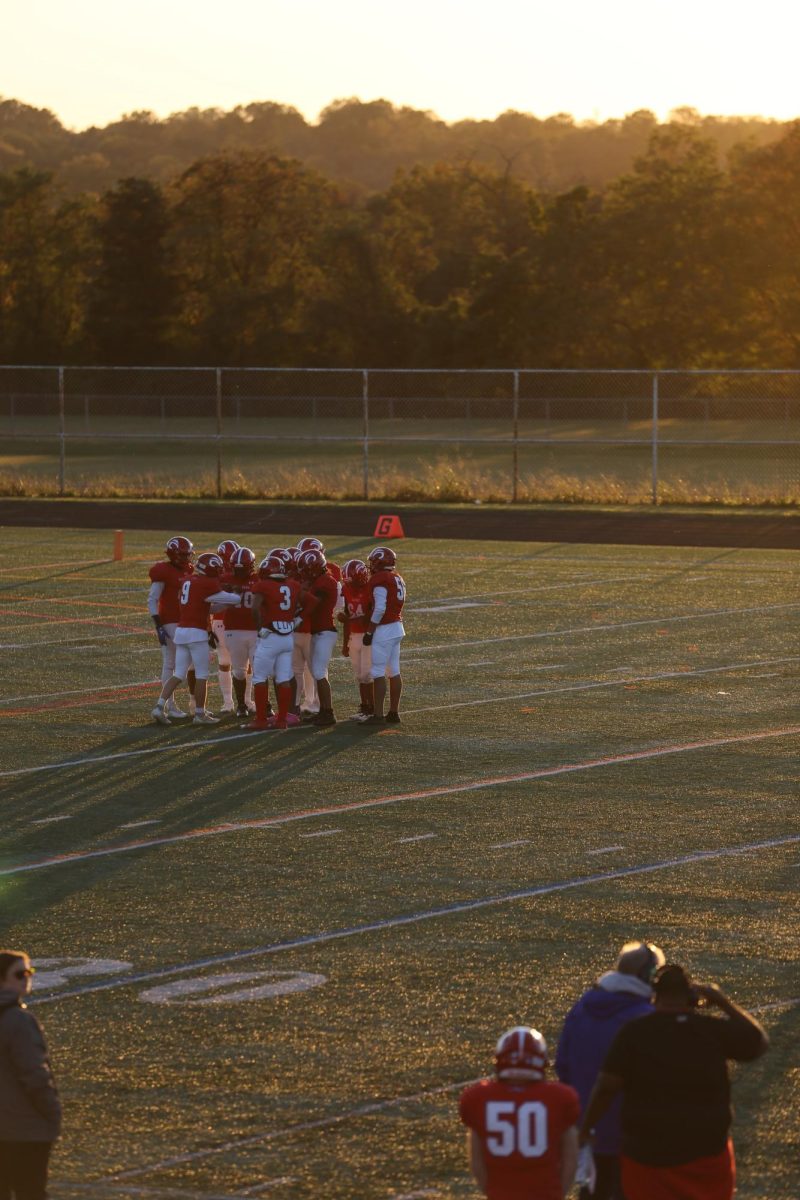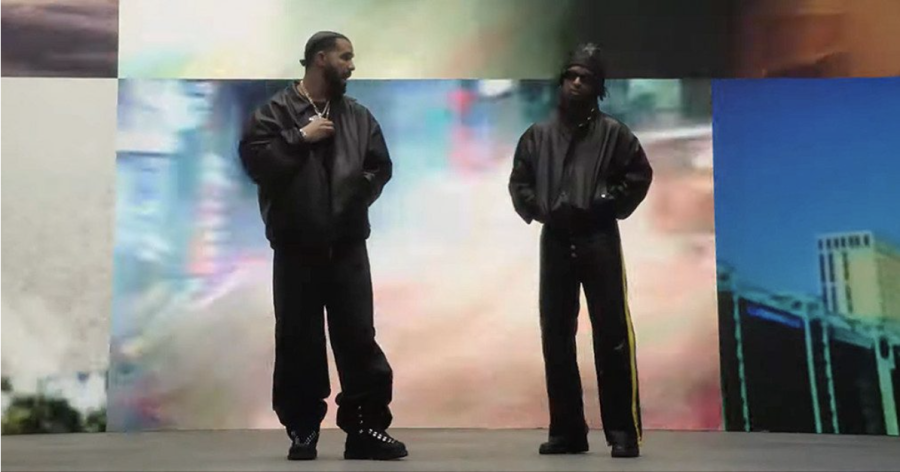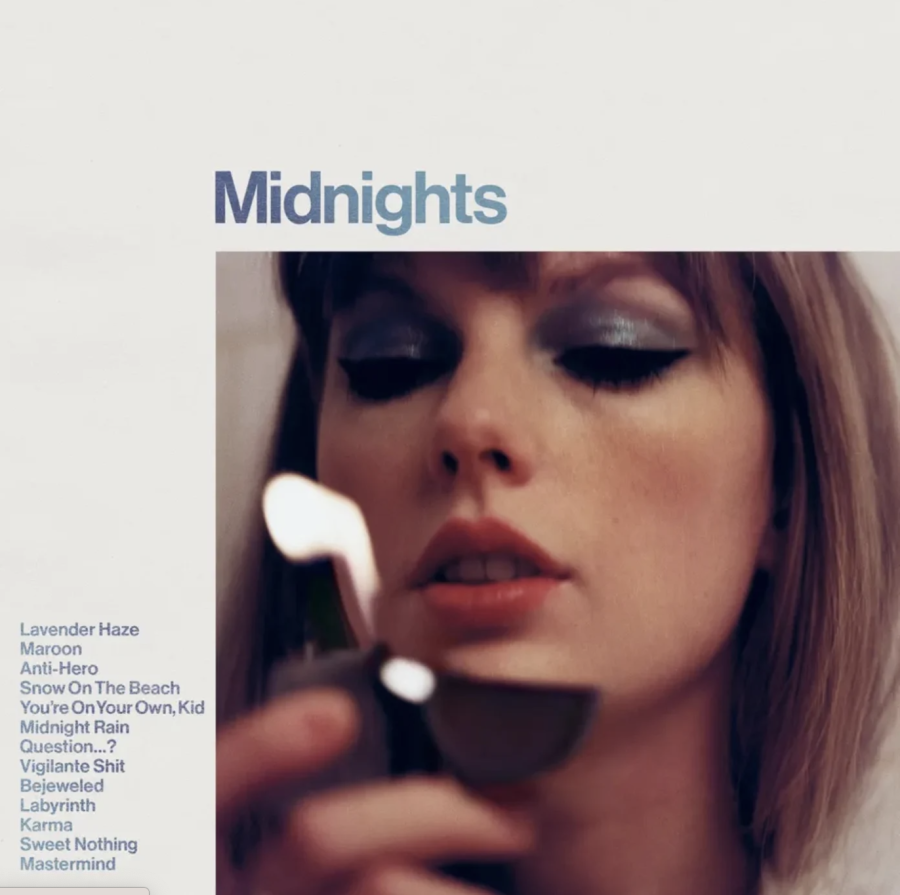The Wingspan receives guest articles by Centennial students and staff about various subjects important to them and the community. Earlier this week we received a contribution from a former Wingspan writer, Diane Ijoma. We feel that it is important to share Diane’s piece with the community in light of today’s events recognizing diversity of all cultures.
– Sandy Eichhorn
Guest Writer: Diane Ijoma
It’s been over two weeks since the video that dominated Howard County headlines and conversations reverberated throughout the airwaves. In that time, what originated as banter among friends went on to affect hundreds, even thousands of hearts and minds beyond that dimly-lit room.
In many respects, the response has been very productive. I have been inspired by the energy to strive towards unity in the face of vitriol. In other areas, I have been slightly troubled by a sort of knee-jerk, instinctive dismissal of the notion that such ugliness could ever reside within these halls. Racism is not a Howard County problem, this belief states. It’s a Mount Hebron problem, perhaps a Glenelg problem, but certainly not a Centennial one. Somehow, this video has been used to, by contrast, paint Centennial as the beacon of the completely unified, flawless multicultural community.
In part, I understand this sentiment. It is hard to recognize and address the flaws within ourselves; projection can be comforting. In the face of such hate, the last thing we want to do is see any of that in our own community. However, these sentiments are harmful because, in addition to being, unfortunately, false, they work to silence and overshadow those who have significant negative experiences pertaining to these issues. It communicates a refusal to acknowledge what is real to members of the community, and perpetuates the feelings of disenfranchisement already present in certain groups. These actions have genuine consequences, and to illustrate them, I have decided to share a story of my own.
Months ago, before any racist video made national news, I was the only African-American sitting at a lunch table with several people, some of whom were my close friends. At lunch time, several of my male peers began making demeaning and offensive comments about different females at our school. When I voiced disapproval at these comments, I was met with disdain. Some time after that, these same people began making racially insensitive comments about specific African-Americans at our school, even going as far as referring to some of my friends as the “N-word”. It became fairly clear that in addition to insulting these people, these comments were intended to target me, intimidate me, and prevent me from being in their company. It worked. Soon, it got to a point where I developed anxiety on days where I would encounter these individuals, and as a result, I avoided lunch entirely. I felt alone and pushed out of a group in which I had previously felt comfortable. It was bad enough to hear these hurtful words, but the silence, and even laughter on the part of others seemed to amplify my hurt and discomfort.
I had been prepared to forget this experience and pretend it never happened. However, in light of what has become such an intense dialogue about the power of our words, I’ve realized that in keeping silent, I am giving my own implicit nod of approval to destructive behavior. Instead, reaching out and having open conversations about these types of experiences with other students, teachers, and members of the administration has been incredibly enlightening. I have learned that I am far from the only one with this perspective, and that I am surrounded by so many people that share a want to listen to these narratives so they can use their influence to truly progress as a community. In addition, the dialogues that have ensued from my honesty have developed a mutual understanding that I believe is emblematic of positive change.
No, it’s not particularly easy to talk about being racially intimidated out of the cafeteria on a stage as public as this one, especially when many people view you as a no-nonsense, self- assured individual who works towards unity on a regular basis. The truth is, even the best of us can be affected by what may seem like casual, relatively harmless rhetoric. What is essential, however, is the knowledge that with optimism and courage, there is “light at the end of the tunnel”, a saying that is as trite as it is true. I hope that in speaking my truth, I can do my part to not only empower others to share their stories, but also facilitate a more open, honest conversation about these extremely difficult topics. To reach that goal, this is a small price to pay.
For more breaking news and photos, follow The Wingspan on Instagram and Twitter @CHSWingspan.




